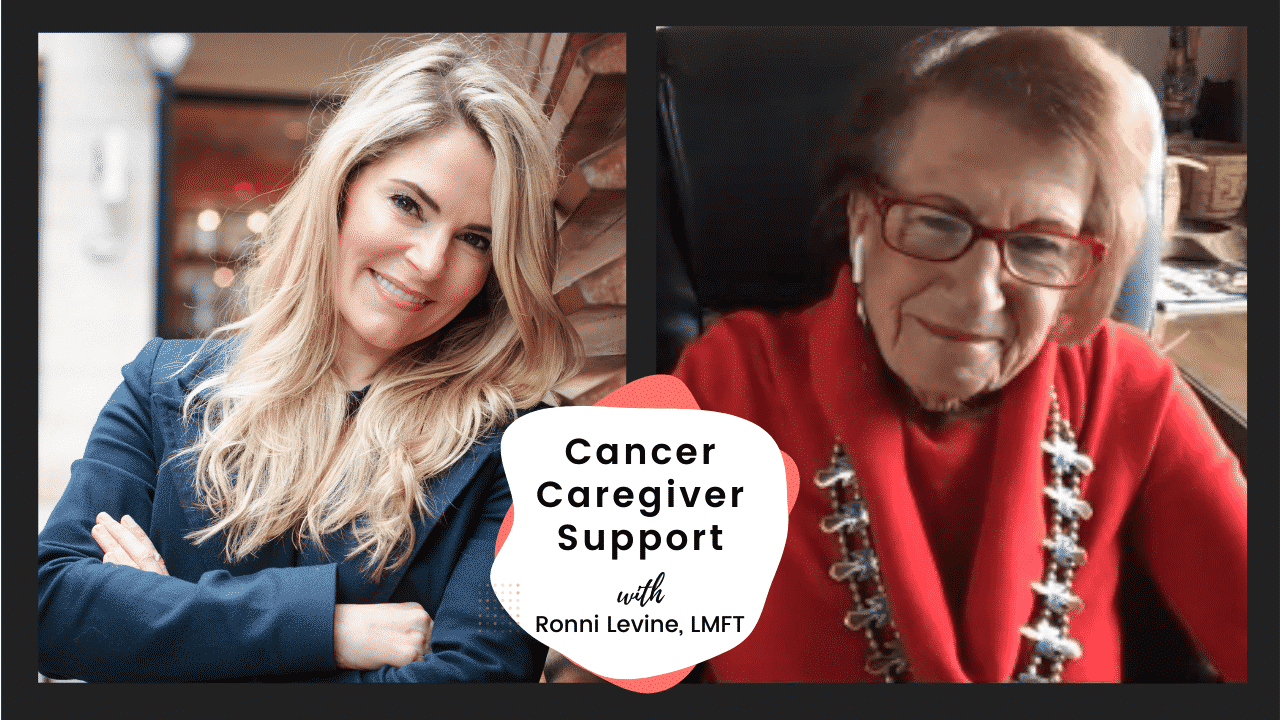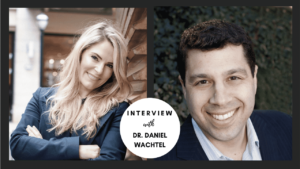Cancer affects individuals, families, and communities. According to the National Cancer Institute, in 2020, an estimated 1,806,590 new cases of cancer were diagnosed in the United States and approximately 39.5% of men and women will be diagnosed with cancer at some point during their lifetimes.
The American Cancer Society conducted an 8 year study published in 2013 and found that on average cancer caregivers spent about 8 hours per day providing care. They also stated that caregivers need a strong support system, explaining that having a system of support helps to weather the storms common with cancer, like a loved one’s recurrence of cancer or death from cancer.
In this Psychology of Aging podcast episode, Ronni Levine, LMFT, facilitator of cancer caregiving support groups and cancer bereavement groups for the Cancer Foundation for New Mexico, discusses the benefits of cancer caregiver support and shares tips for getting your strong system of support in place.
Here’s a peek into my interview with Ronni Levine:
- [06:43] The rollercoaster of living with cancer and cancer caregiving
- [09:42] How has the COVID pandemic impacted cancer caregivers?
- [13:34] What happens when you first get a cancer diagnosis?
- [20:22] Do you know someone constantly in the caregiving role? Learn more about this phenomenon of serial caregiving
- [21:56] What are the benefits of cancer support groups?
- [27:08] What are cancer bereavement support groups?
- [29:16] On the fence about joining a cancer caregiving support group? Learn what participating in a cancer caregiver or bereavement group is actually like.
- [32:54] What is participating in a cancer caregiving support group actually like?
- [36:18] How has grief and bereavement during COVID been different for cancer caregivers?
- [40:35] How to find a cancer caregiver support group near you?
About Ronni Levine, LMFT
Rhona “Ronni” Levine has been a Licensed Marriage and Family Therapist (LMFT) since 1984 and practiced in Southern California until 2011 when she moved to Santa Fe, New Mexico. In 2013, Ronnie began working with The Cancer Foundation New Mexico to facilitate a support group for caregivers, family and friends of those who were either direct caregivers or having someone they love with cancer. In 2018, Ronni developed a grief support group for those who are grieving a cancer death. Both of these groups fill an important niche in our mental health community.
Learn more about the Cancer Foundation for New Mexico
Learn more about cancer caregiving at the American Cancer Foundation
References:





